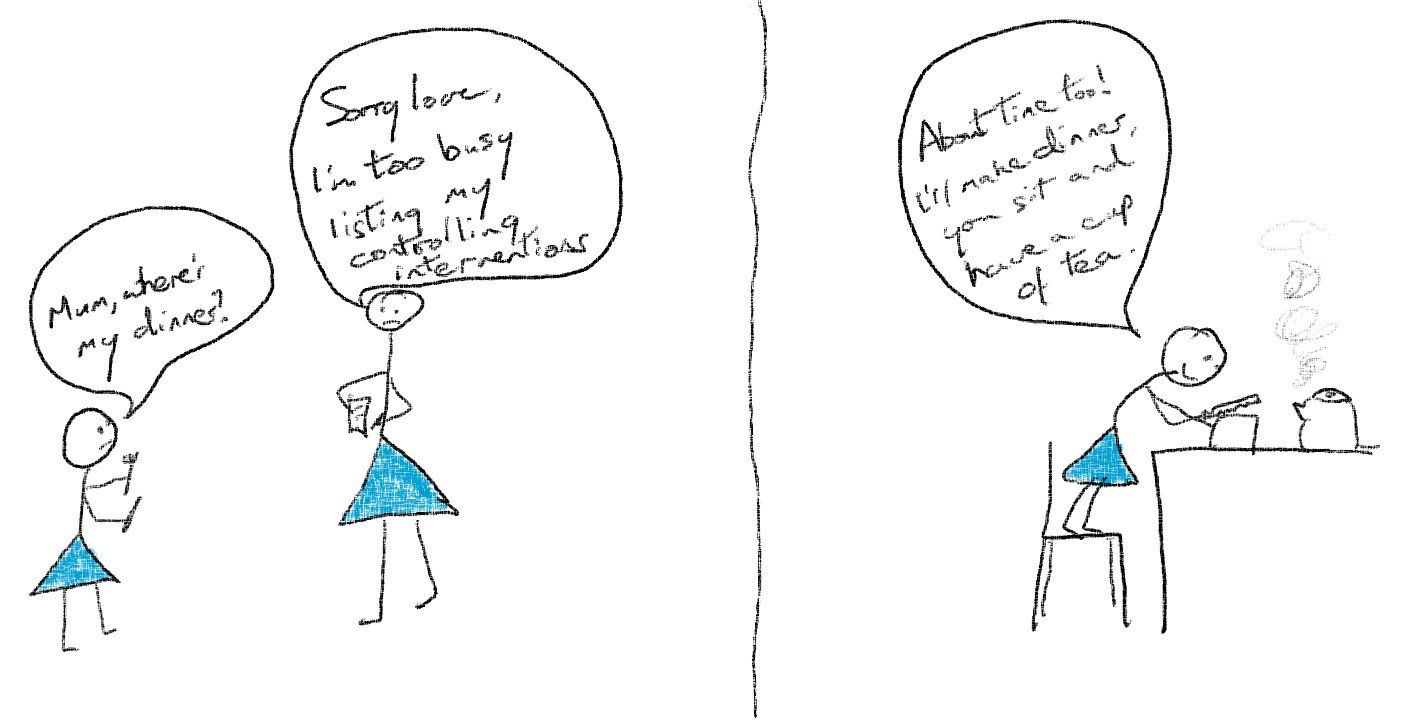Maintaining control without having to constantly intervene is fundamental to respectful parenting.
It's easier said than done. So, why should we bother and how do we go about making it happen?

Maintaining control without having to constantly intervene is fundamental to respectful parenting.
It's easier said than done. So, why should we bother and how do we go about making it happen?


Respect is a complex word used in many different ways. It can be flippent, grudging, sincere, admiring or deeply felt.
But, what does it mean in the relationship between a parent and a child?
All children seek attention, particularly from their parents.
If we don't give it sufficiently for good behaviour then children will automatically resort to bad behaviour.
Learn to master the power of giving and withholding attention and you will master much of what you need to be a respectful parent.
How many times do we expect children to control their emotions when we have lost control of ours?
By understanding what to expect at different ages we can focus more on managing our own emotions and helping them through theirs.
Even if you think it's really obvious what is going wrong, it's worth taking the time to log your controlling interventions.
The log will help you spot patterns in the situations that trigger your need to step in and control.
These patterns will help you see the cause of the problem and guide you to a solution.